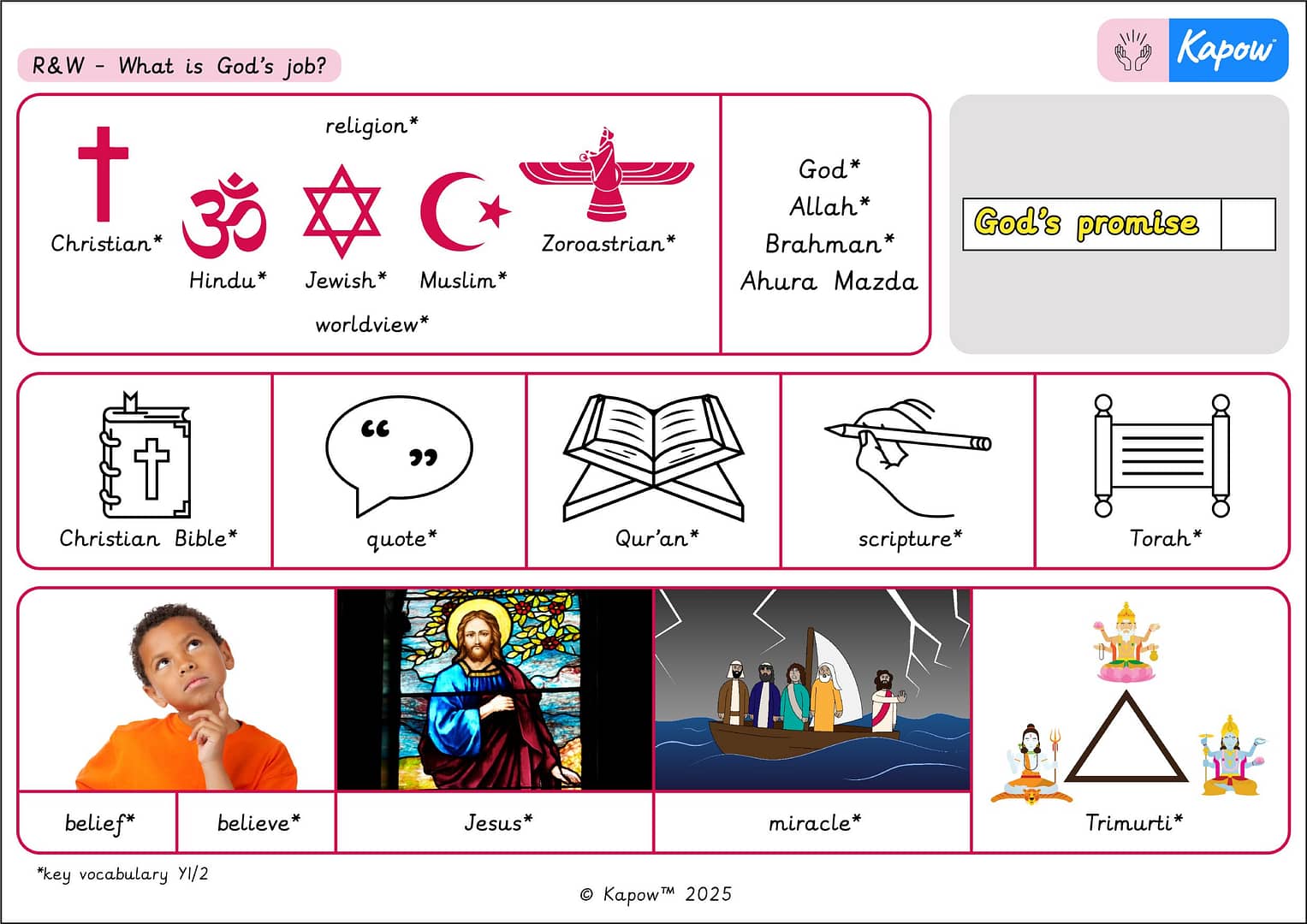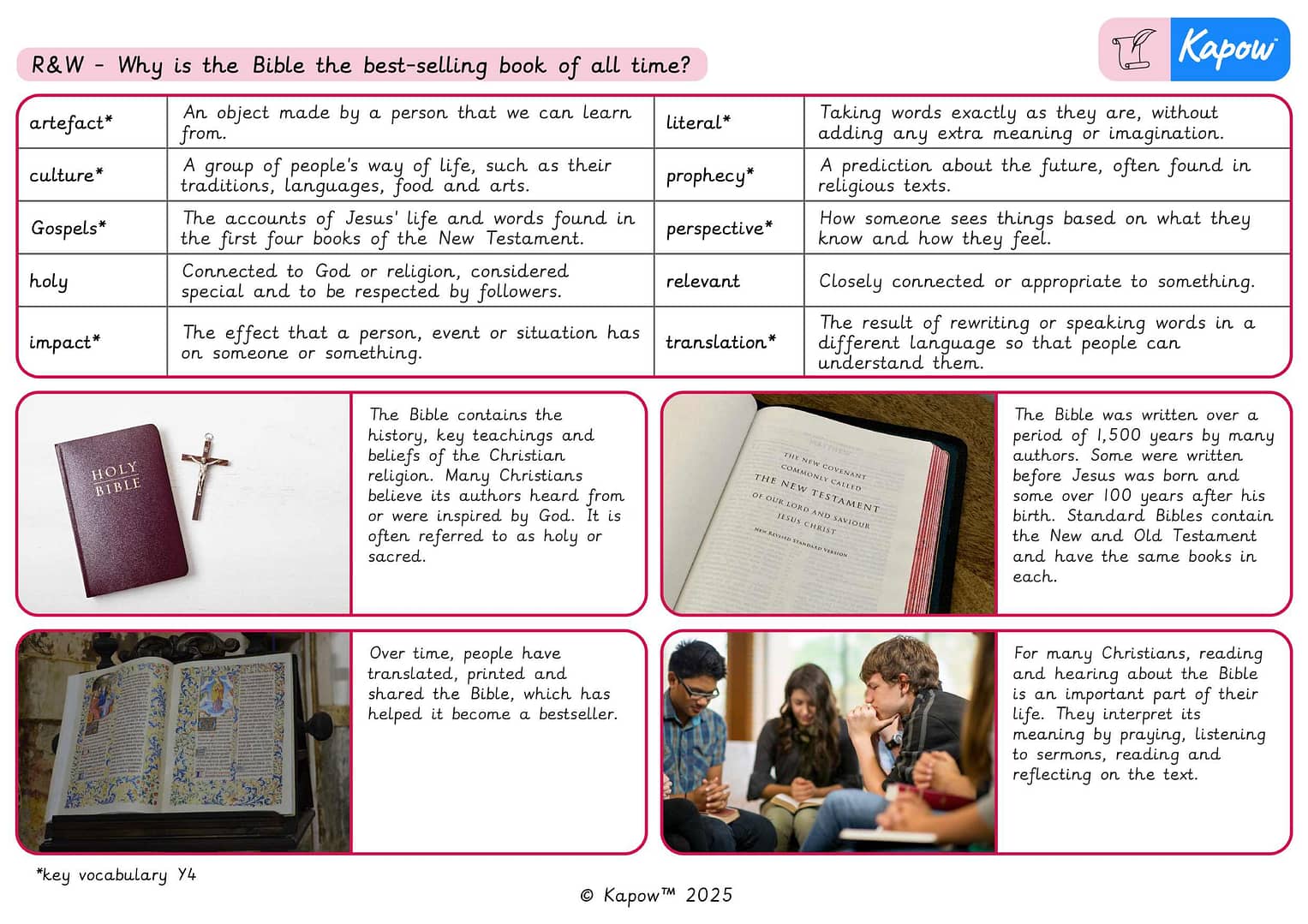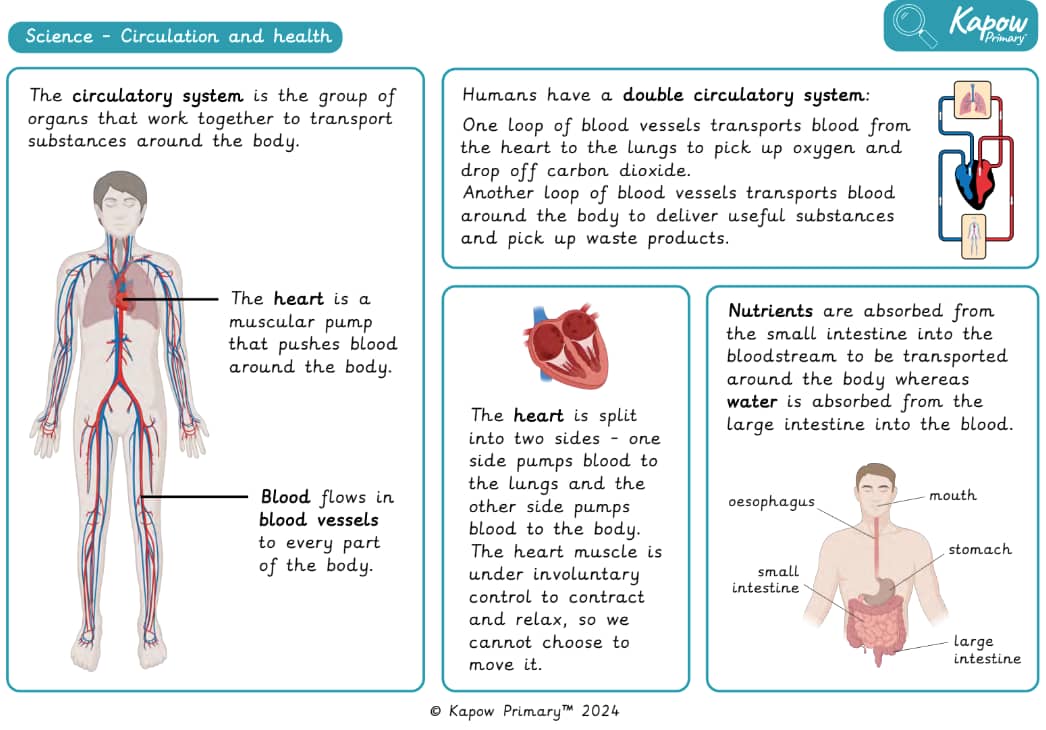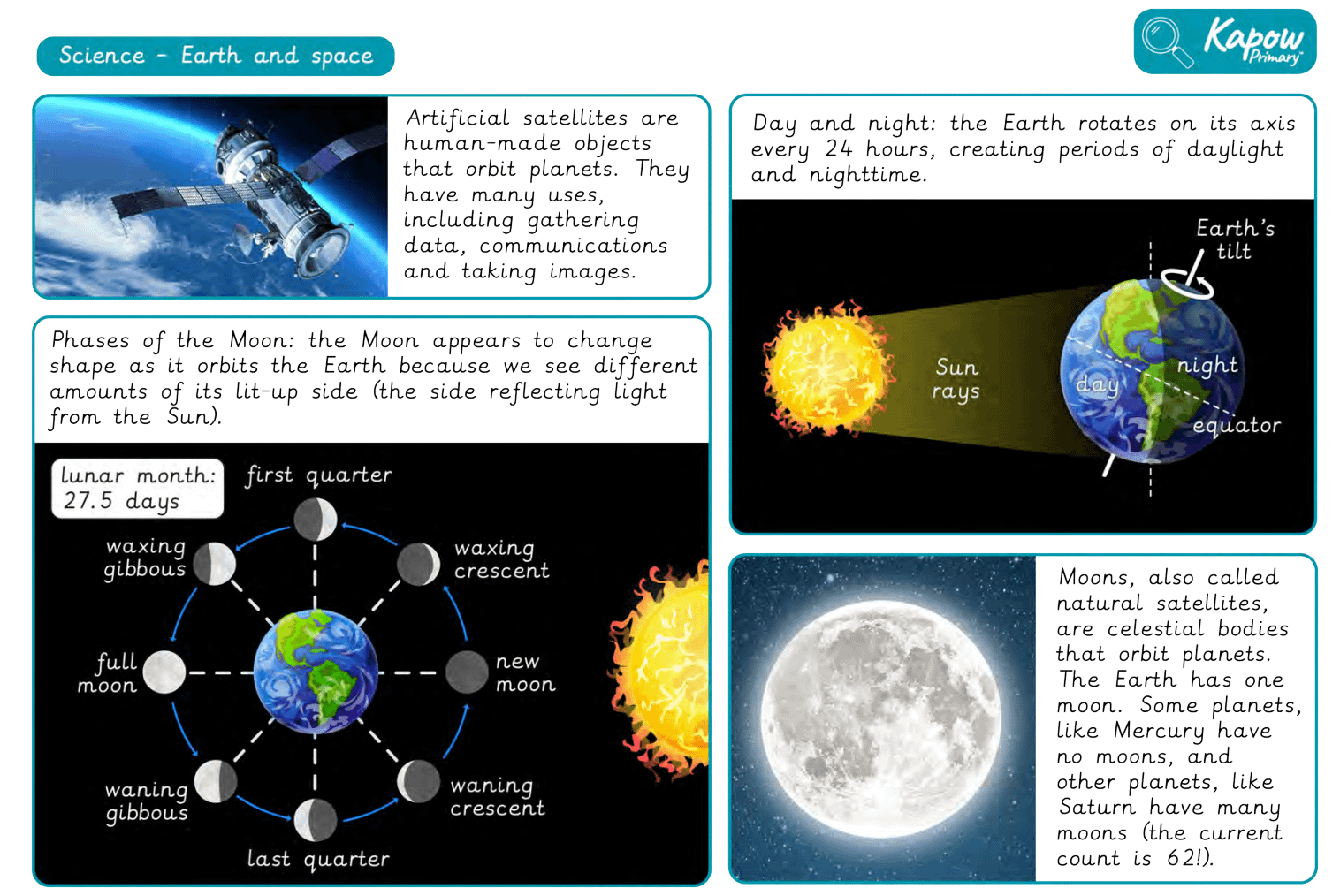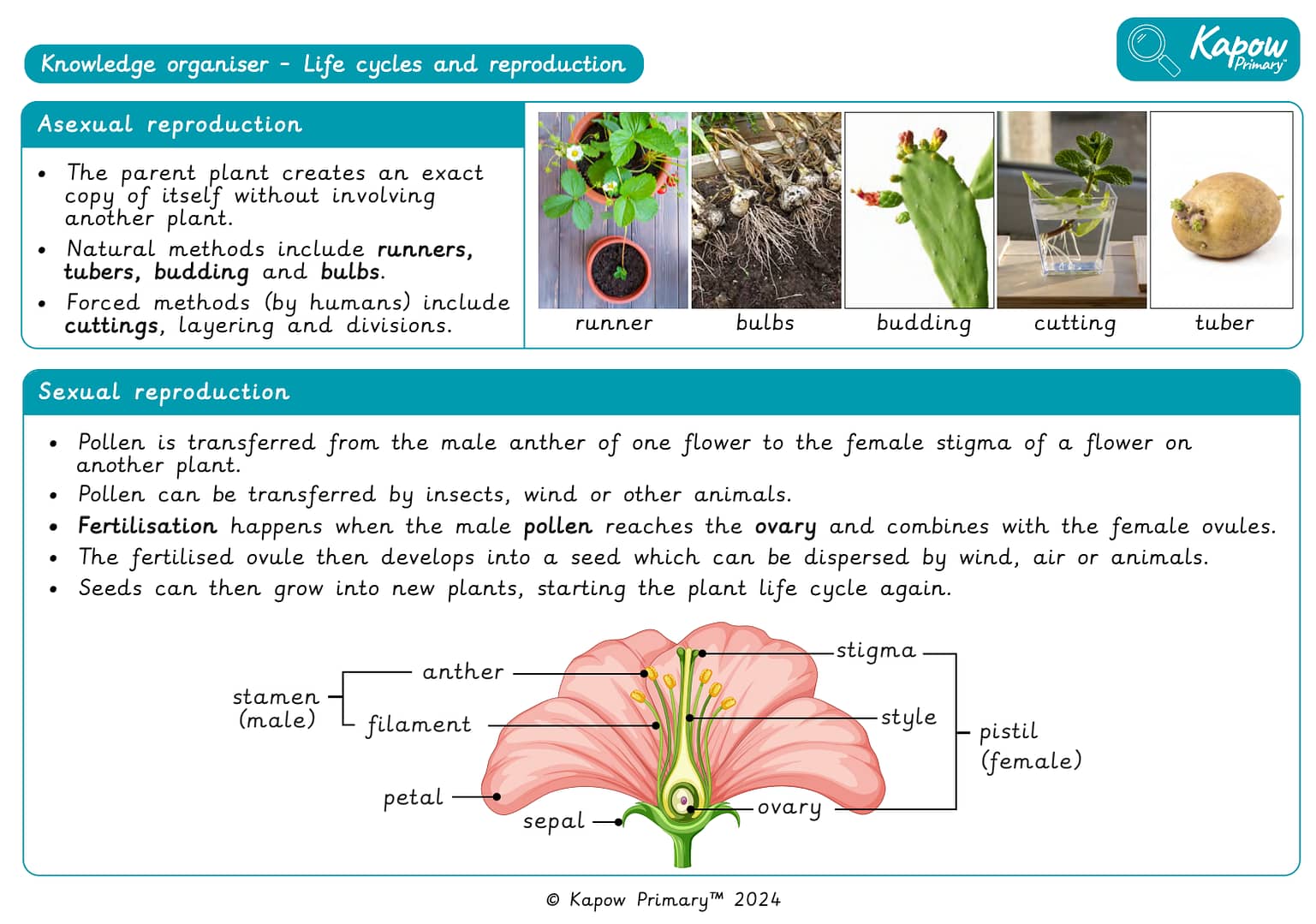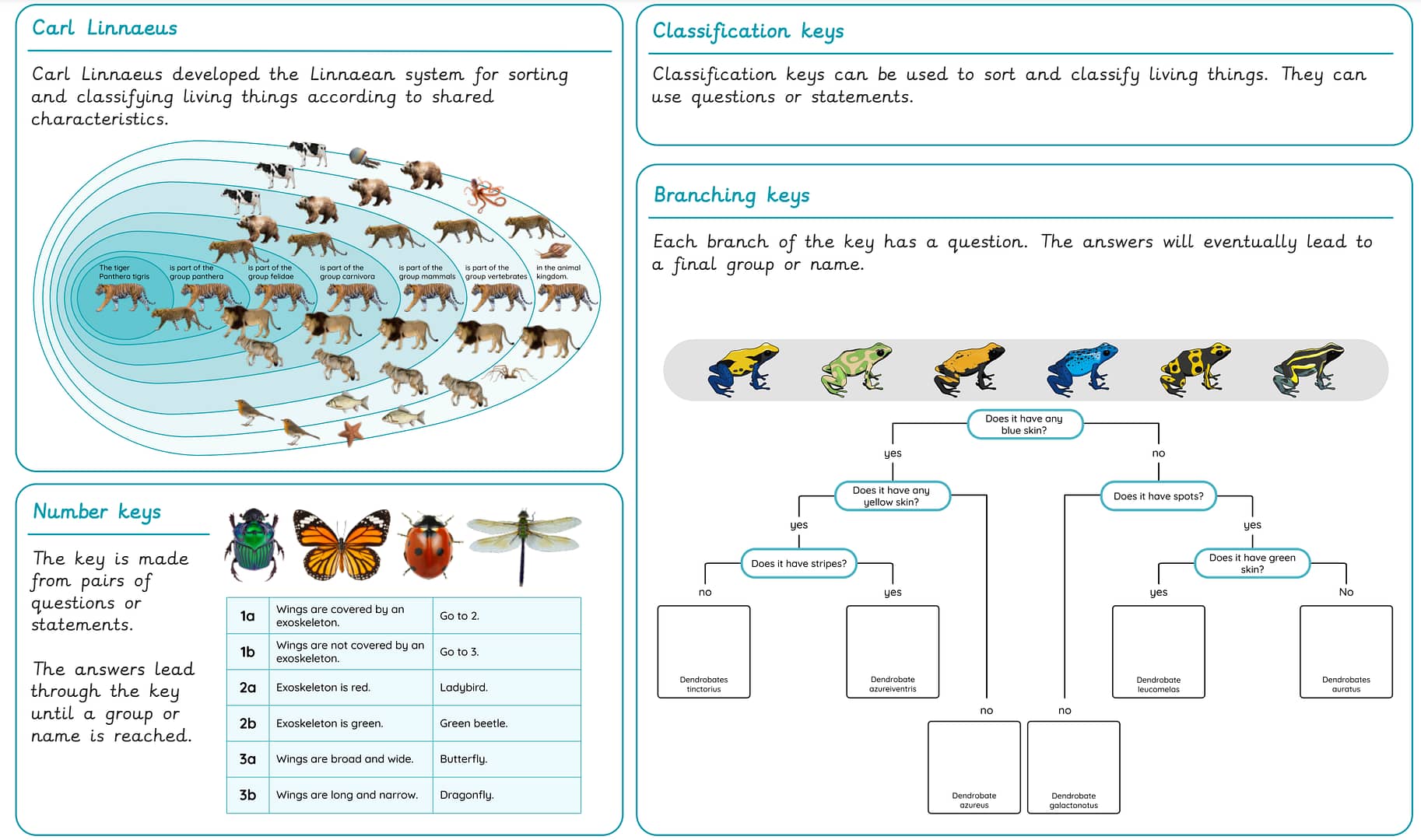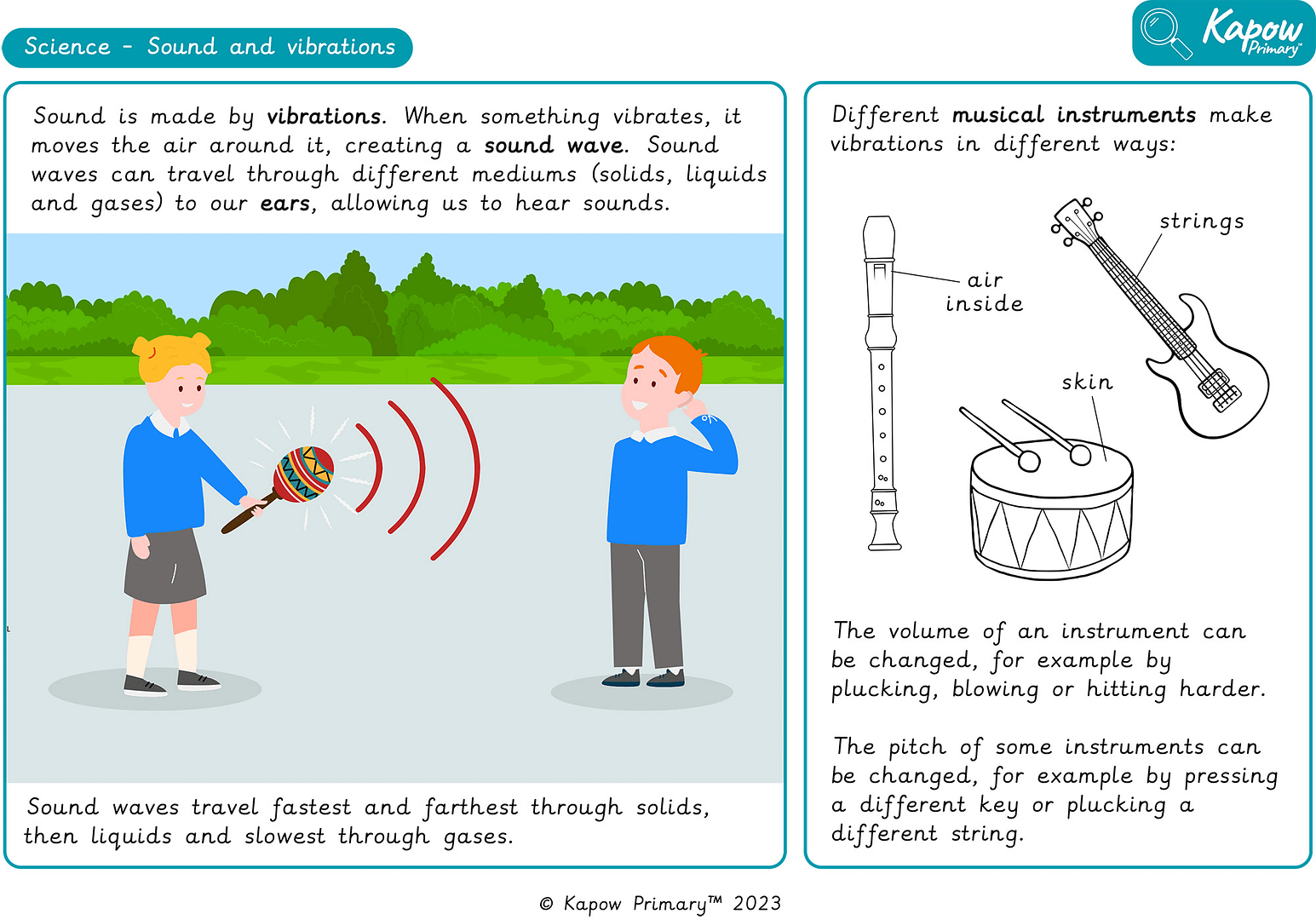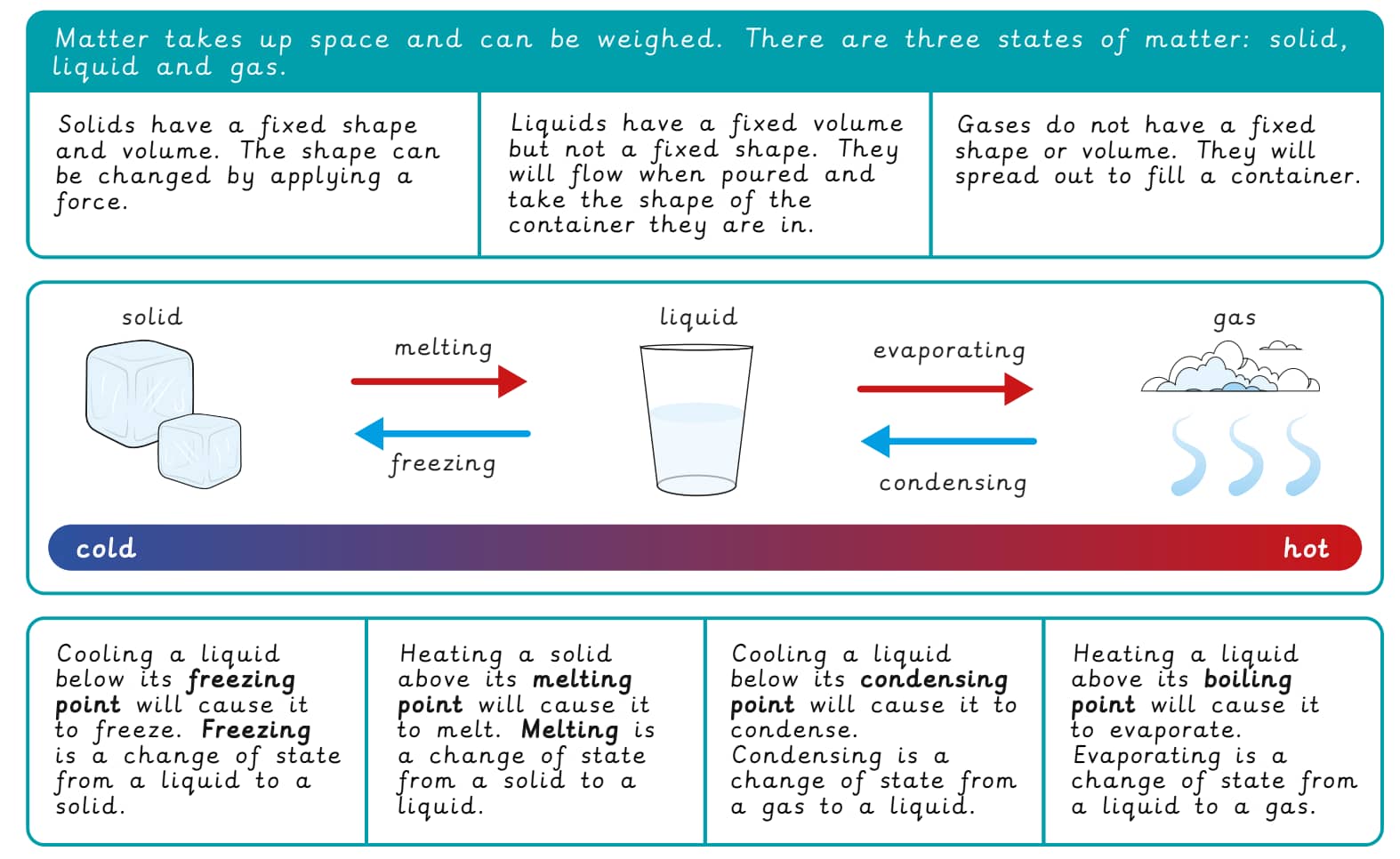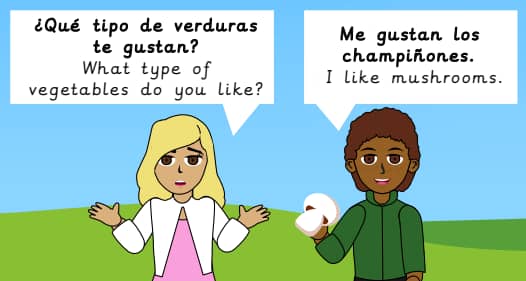Featured Document Type: Knowledge organiser
Knowledge organiser – R&W Y4: Why is the Bible the best selling book of all time?
Knowledge organiser – Science Y5/6 (A): Animals, including humans: Circulation and health
Knowledge organiser – Science Y5/6 (A): Forces and space: Earth and space
Knowledge organiser – Science Y5/6 (B): Living things: Life cycles and reproduction
Knowledge organiser – Science Y5/6 (B): Living things: Classifying big and small
Knowledge organiser – Science Y3/4 (B): Energy: Sound and vibrations
Knowledge organiser – Science Y3/4 (B): Materials: States of matter
Knowledge organiser – Spanish Y5/6 (B): Favourite foods in Spanish
A Knowledge organiser that captures the essential knowledge and skills learnt throughout the mixed-age unit Spanish, Year 5/6 (B), Favourite foods in Spanish.
This resource is designed to help pupils expand their Spanish food vocabulary and express preferences using simple sentence structures. It introduces key nouns such as el salmón, la cebolla, and las frutas, alongside expressions of likes and dislikes using me gusta, no me gusta and their plural forms. Pupils also practise asking and answering questions about food preferences through modelled dialogues. Illustrated vocabulary grids and engaging visual prompts support memory retention and conversational confidence.

